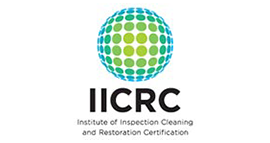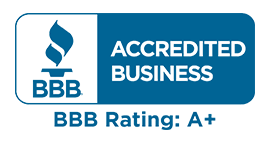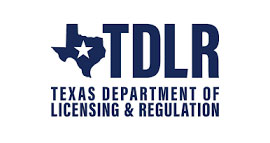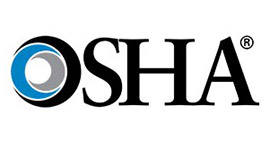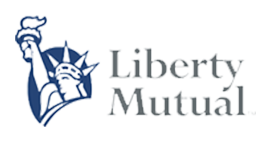What is in Soot?
Soot is a word we often hear but seldom fully understand. Whether you've encountered soot and smoke damage during a home renovation or experienced its impact after a fire, knowing what's in soot can benefit your health and safety. Based in Houston, Texas, Frontier Services Group is an expert in all things related to residential and commercial cleaning. In this comprehensive guide, we'll delve into the intricacies of soot: what it is, what it contains, and why it's essential to deal with it effectively.
What is Soot?
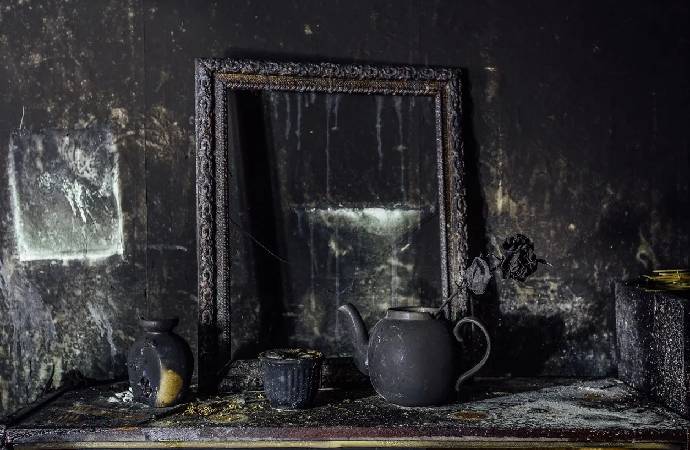
Soot is a fine black or brown powder that forms due to incomplete combustion of organic materials like wood, oil, or coal. These microscopic particles can float in the air or adhere to surfaces, causing both health issues and property damage if not properly managed.
The Composition of Soot
Soot is a complex substance, and its composition can vary depending on several factors, such as the source material and combustion conditions. However, it generally consists of:
- Carbon: The primary component of soot, carbon is the result of incomplete combustion.
- Ash: These are mineral residues that survive the combustion process.
- Polycyclic Aromatic Hydrocarbons (PAHs): These organic compounds can be carcinogenic and pose serious health risks.
- Metals: Soot may contain trace amounts of metals like lead, iron, and copper.
- Sulfur Compounds: These can contribute to respiratory issues and environmental pollution.
- Other Organic Compounds: Includes various chemicals that can also have health implications.
Health Implications of Soot
Due to its tiny particle size, soot can easily be inhaled and cause a range of health problems:
- Respiratory Issues: Soot can aggravate conditions like asthma and bronchitis.
- Cardiovascular Problems: Long-term exposure may affect heart health.
- Skin Conditions: Direct contact can cause skin irritation or exacerbate existing conditions.
Dealing with Soot and Smoke Damage: Why Professional Cleaning is Necessary
Frontier Services Group, based in Houston, Texas, strongly advises against DIY methods for soot removal. Professional cleaning services use specialized equipment and safe chemicals to remove soot without causing further damage or health risks.
Soot and Insurance: What You Need to Know
Many insurance policies cover soot damage under fire or smoke damage clauses. Always read the terms carefully and consult with your provider to understand the scope of your coverage.
Contact Frontier Services Group for Soot Removal
Understanding what is in soot is crucial for effectively dealing with its aftermath, whether it's a minor household inconvenience or a more significant issue requiring professional intervention. Based in Houston, Texas, Frontier Services Group specializes in cleaning up properties affected by soot and other forms of damage. For more information, Frontier Services Group is always on standby, Call at 346-553-9929 or simply click here to make an appointment today!.
Frequently Asked Questions About Soot
We've covered a lot of ground, but you may still have some burning questions about soot. Here are some of the most frequently asked questions answered by the experts at Frontier Services Group in Houston, Texas.
Soot forms due to incomplete combustion of organic materials such as wood, coal, or petroleum. When these materials burn without sufficient oxygen, soot is the result.
Yes, soot can pose significant health risks, especially when inhaled or ingested. It contains various hazardous components like polycyclic aromatic hydrocarbons (PAHs), carcinogenic, and other potentially harmful organic and inorganic compounds. .
To minimize soot production:
- Ensure proper ventilation when using fireplaces or stoves.
- Use seasoned wood instead of green wood for burning.
- Regularly maintain your furnace and other combustion appliances.
Soot can often be removed from walls and furniture, but it's a challenging task that requires specialized cleaning products and techniques. DIY attempts can smear the soot and make it even harder to remove. Professional cleaning services are recommended.
Soot damage may be covered by your homeowner's insurance policy under fire or smoke damage clauses. However, it's essential to consult your insurance provider for specific details, as policies can differ. .
Yes, pets can also be affected by soot. Inhalation or ingestion of soot particles can cause respiratory issues and other animal health problems. .
Soot particles can contribute to air pollution and harm the environment. They can contribute to climate change by settling on ice surfaces, reducing their reflectivity, and accelerating melting. .

